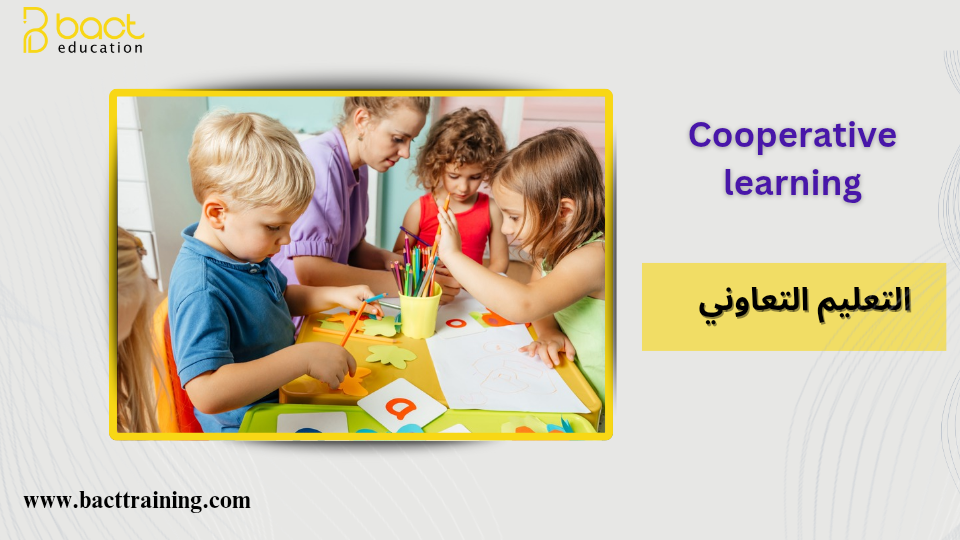Cooperative learning
Cooperative learning It is considered a strategy used by the teacher in educational situations in the classroom, where these situations depend on the student’s acquisition of experience through his actual participation with a group of colleagues working with each other to reach a common goal (learning). It allows students to interact and exchange ideas and opinions while studying and clarifying them freely.
Cooperative learning:
1-enhances the sense of responsibility; for individuals Which makes him more incorporated with the educational situation, and this is reflected in his achievement.
2- Develop higher-order thinking skills among learners; Where learners spend time in the installation and integration of perceptions and concepts.
3- It increases the learner’s self-confidence and feels satisfied with the educational experience he obtained, and develops positive attitudes towards the rest of his colleagues.
Types of cooperative learning:
1- Formal cooperative educational groups:
These are groups that may last from one class session to several weeks. Students work together to ensure that they and their groupmates successfully complete the educational task assigned to them.
2- Informal cooperative learning groups:
Special purpose groups may last from a few minutes to one class session. This type of group is used during direct instruction that includes activities such as a lecture, presentation, or video presentation with the aim of directing the students’ attention to the material to be learned and psychologically preparing the students in a manner which can help to learn.
3- Basic Cooperative Learning Groups
They are “long-term, non-homogeneous, fixed-member groups whose primary purpose is for their members to provide the support, sustaining, and encouragement they need to achieve academic success. basic groups provide the student with committed, lasting, and long-term relationships that last at least a year and may last until all group members graduate.
Thus, we find that cooperative learning contributes to teaching students a lot of values and attitudes such as cooperation, building trust, raising student achievement rates and improving students’ thinking abilities.
